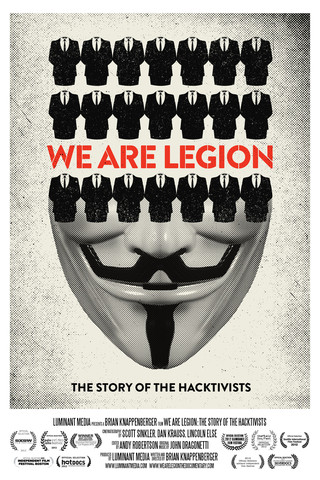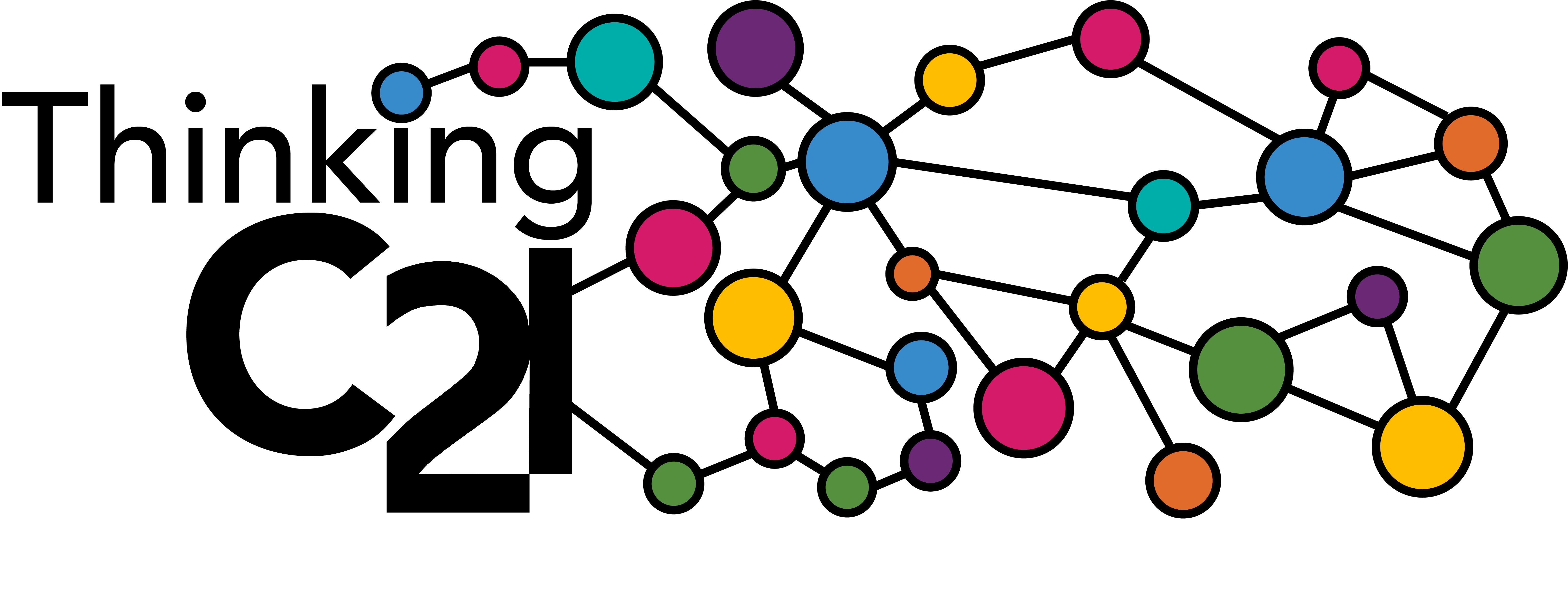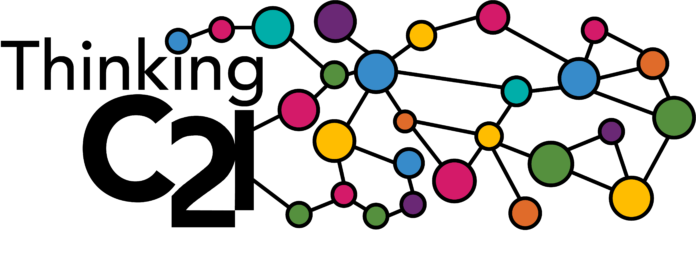by Matthew Boman
 We Are Legion tells the story of Anonymous, a loosely-connected hactivist collective, from its inception on the /b/ board of 4chan, to its pranks and political activism. The Milwaukee Film Festival hosted a conversation after the Thursday screening (10/4) so that audience members could discuss both Anonymous and the film istelf. A mere glance at the way that the diverse discussion group arranged itself at the table—by age and ideology—raised questions about the challenges of creating collective political action and democratic consensus.
We Are Legion tells the story of Anonymous, a loosely-connected hactivist collective, from its inception on the /b/ board of 4chan, to its pranks and political activism. The Milwaukee Film Festival hosted a conversation after the Thursday screening (10/4) so that audience members could discuss both Anonymous and the film istelf. A mere glance at the way that the diverse discussion group arranged itself at the table—by age and ideology—raised questions about the challenges of creating collective political action and democratic consensus.
On one side of the table sat those middle-age and older, many of them retired. They supported a lot of what Anonymous had become and were curious what would happen next. They thought that, like Occupy (the end of the movie tied the two together), Anonymous raised important questions. But they were wary of the ways that both groups undermined the current sociopolitical structure. Instead, they sought answers within this structure. “Were they a potential third political party in the American government? What steps do they plan to take to fix things politically and economically?” they asked.
No one on the other side of the table was older than twenty-five—at least a generation younger than those across the table from them. They were less concerned with where Anonymous was heading than what it had done, believing that Anonymous had already opened up the space for something new. They were also less eager to condemn the more nihilist factions of Anonymous such as LulzSec. For them, a third party was not an option, and solutions tended towards an entire reconceptualization of how society understood the social, political, and economic spheres.
Despite this difference, at times there was consensus within the group. One man who had been interviewed in the film asked the table what defined a terrorist, cyber or otherwise. We agreed that it boiled down to who one worked for, if it was a government (more specifically the US or one supported by it). That used to be the case, he replied, but the director of the NSA had given him a different answer when interviewed: now everyone is considered a potential terrorist.
No one liked the surveillance state either, nor felt better protected because of it. There were problems that the current government was not addressing and did not have the means of solving that Anonymous ultimately addressed. Anonymous’ actions against Hal Turner and the Church of Scieontology were overall positive, as was their retaliation when Paypal, Amazon, Visa, and Mastercard denied customers the right to freely spend their money.
Mostly, however, the different factions at the table had trouble agreeing on anything. Though everyone was generally supportive of Anonymous, the viewpoints (and gulfs between) were far wider and more complicated than what most media coverage indicates. And though it started with the movie, the conversation at the table quickly turned political.
One side of the table wanted to break everything down into binaries: the police state and Anonymous against them; the Anonymous that stood for something and the Anonymous that didn’t; (liberal democratic) freedom and state control. Subconsciously, they had reverted to describing things within the current American political climate. Although many believed in a third party solution (even as they acknowledged that they would reluctantly support Obama this fall because he’s better than Romney) when it came to anything outside imagined potential future elections, it was still an Us versus Them mentality. Even though they had lost faith in the American government or members within it to properly respond to today’s problems, they were trapped thinking within its paradigm.
One woman remarked that she believed people were too afraid of chaos, that we should be comfortable with a certain degree of unknowability and not always feel the need to control things. Part of this point of view might result from the environment in which one grew up: anyone who has spent enough time on the internet—especially those who hang around the /b/ board—understand that things need not always be controlled, that a certain organic order can and will arise out of chaos when necessary. Another reason might be that in a world of increasing uncertainty, one expects chaos. The post-Cold War world is one of opposing but overlapping factions, not a unitary split.
The discussion, for me, epitomized the failure of democracy. (Note: here I am not using using democracy to mean a representative-based republic but rather to mean the self-organization individuals undertake to achieve specific goals.) A lot of grassroots movements come to this impasse, and here we were, not even a movement deciding on points of action but a group of no more than ten people talking about a movie, and we were unable to come to consensus.
I don’t really have a solution to offer for this. Different people are going to want to move in different directions at once, and one movement cannot gain and retain momentum if it is pulled in too many directions. Maybe this is the chaos we need to be comfortable with, a chaos of autonomous movements maintaining varying degrees of solidarity. Maybe we need to stop thinking of the answer as a permanent political system, but instead, various groups and alliances that arise and dissolve in response to necessity.
[Matthew Boman is a Masters student in the UWM English Department, and a project assistant here at C21. Look for him behind the video camera at C21 events – he’s the one who makes live-streaming possible!]






